Question And Answer
Publications
Articles, publications, books, tools and multimedia features from the U.S. Institute of Peace provide the latest news, analysis, research findings, practitioner guides and reports, all related to the conflict zones and issues that are at the center of the Institute’s work to prevent and reduce violent conflict.

The West Should Help, Not Hinder, Russia’s Anti-war Exiles
As democracies defend Ukraine and themselves against Vladimir Putin’s project of a world governed by ruthless violence, a vital ally is Russia’s own civil society, now effectively crushed within Russia but energetic within the new exile community of antiwar Russians, most of them young and well educated.

For the Philippines, Maritime Security Goes Beyond U.S.-China Rivalry
Maritime security is a critical issue for Southeast Asia and the geopolitical underpinnings of this topic cannot be underestimated. This is especially the case for small powers as they navigate a maritime domain that is caught in the middle of — and driven by — great power politics. While maritime security in Southeast Asia is often the stage on which the U.S.-China competition plays out, this extends beyond the competing claims of regional states in the South China Sea, with important environmental and resource issues also at stake. Within this context, the Philippines is in a unique position for three reasons.

Ukraine: The Next 10 Months Can Shape Hopes for Peace
As Russia’s invasion of Ukraine moves toward its second full winter, observers note that typically heavy rains and then cold may enforce a season of slower fighting. But the war’s most meaningful “next season” may well be not the winter but the nine to 10 months until next summer. Three factors critical to Ukraine’s defense and Europe’s security will evolve by the summer in ways that could open a path toward a just and lasting peace — or could leave the region facing indefinite warfare and threat.
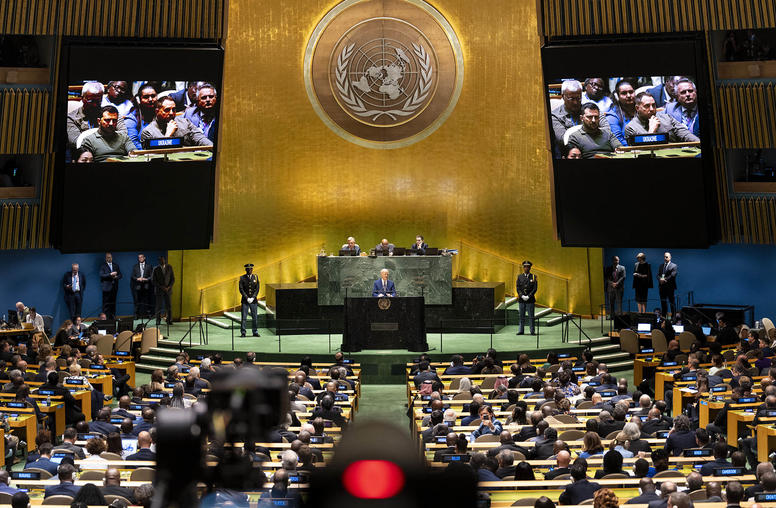
Amid Alarming Rise in Conflict, Multilateralism is the Only Answer
At the opening of the 2023 session of the United Nations General Assembly (UNGA), Secretary-General António Guterres highlighted for world leaders the preamble of the organization’s Charter, which says that the “people of the United Nations” are “determined to save succeeding generations from the scourge of war.” Yet, he explained that “instead of ending the scourge of war, we are seeing a surge of conflicts, coups and chaos.” Indeed, in 2022, there were 55 state-based and 82 non-state conflicts raging around the world, and the period from 2017 to 2021 saw the highest death tolls from non-state actors in armed conflict since 1989.
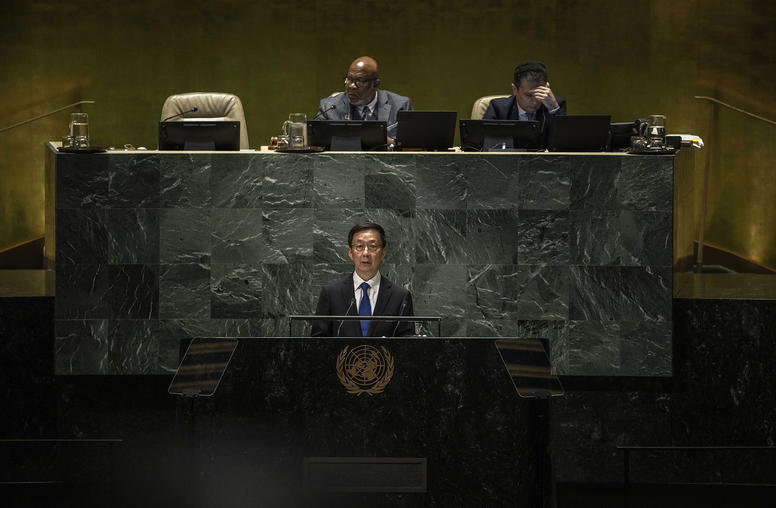
As China Looks to Reform Global Governance, How Does It Approach the U.N.?
As China has increasingly positioned itself as a global leader and foremost champion of the Global South, Xi Jinping and other top Communist Party officials have been vociferous in their critiques of the U.S.-led international order. Through a bevy of initiatives and proposals — like Xi’s Global Security Initiative — offered in recent years, Beijing has made clear that it wants to see a wholesale reform of global governance. At the June 2022 BRICS summit, for example, Xi called for a “new type of international relations” that rejects hegemony and zero-sum thinking. What this ultimately amounts to is Beijing’s effort to undermine U.S. global leadership as the U.S.-China rivalry intensifies.
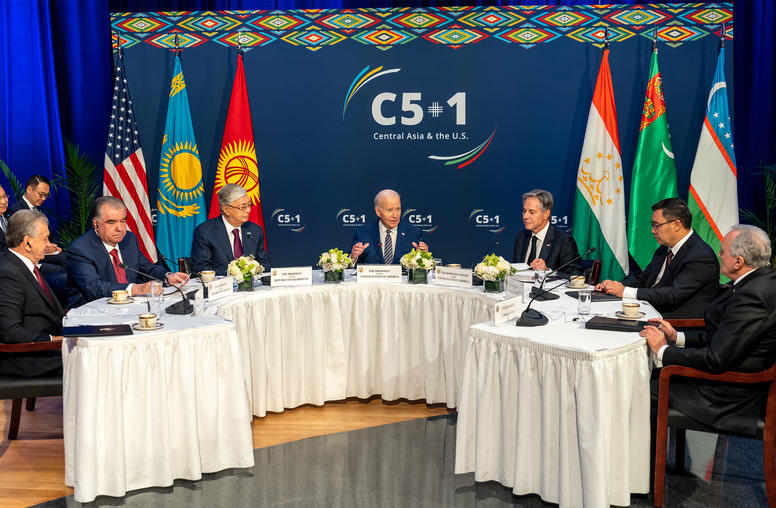
New Central Asian Leaders Look to Balance Relations with Major Powers
For the first time ever, all five presidents of the Central Asian republics (Kazakhstan, Kyrgyzstan, Tajikistan, Turkmenistan and Uzbekistan) met in-person with a U.S. president as part of “C5+1” summit on the sidelines of last week’s U.N. General Assembly.
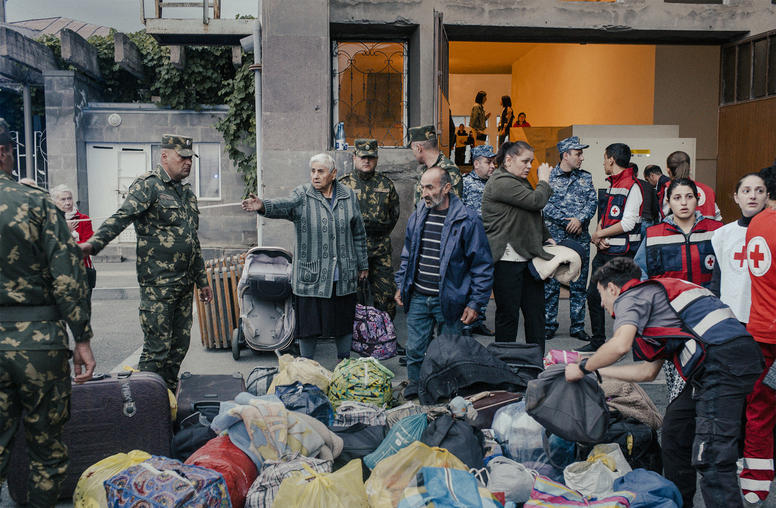
The Nagorno-Karabakh Imperative: Protect Civilians, Revive Diplomacy
The long conflict over Nagorno-Karabakh this month recaptures global attention the only way it ever has: through new bloodshed. Azerbaijan’s swift seizure of the ethnic Armenian enclave has ignited a humanitarian crisis. Most of the territory’s 120,000 residents are fleeing to Armenia, raising the specter of ethnic cleansing. The international community must urgently secure safety for civilians, long the primary victims of this war.
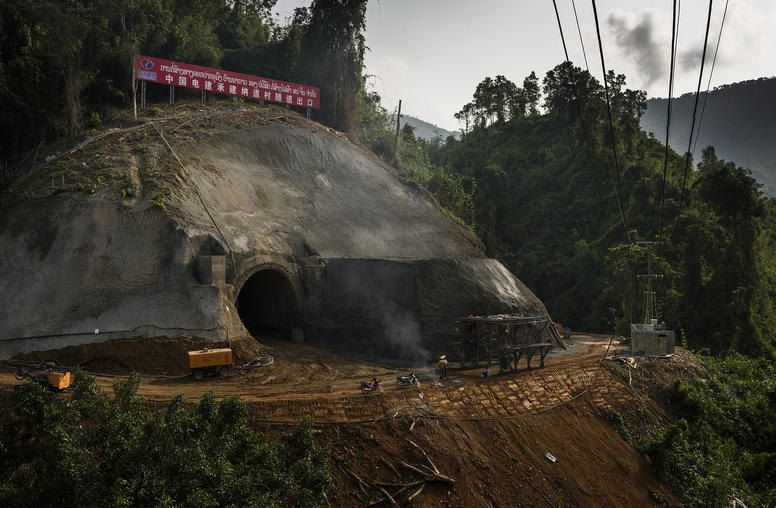
How Laos and Other ASEAN Countries Can Leverage U.S.-China Competition
Recent years have witnessed intensifying U.S.-China competition and tensions in both the political and economic spheres, particularly in areas related to technology, global supply chains, infrastructure connectivity, trade and finance. Southeast Asia has become the center of this strategic rivalry. In the region, the Association of Southeast Asia Nations (ASEAN) has positioned itself as the “central” actor in shaping the regional order and positively engaging with external powers. However, ASEAN’s centrality is increasingly challenged by these two major powers, who have deep and complex ties with Southeast Asia. While this competition poses challenges for ASEAN, there are also opportunities for countries like Laos and others in Southeast Asia to leverage in this tense geopolitical moment.
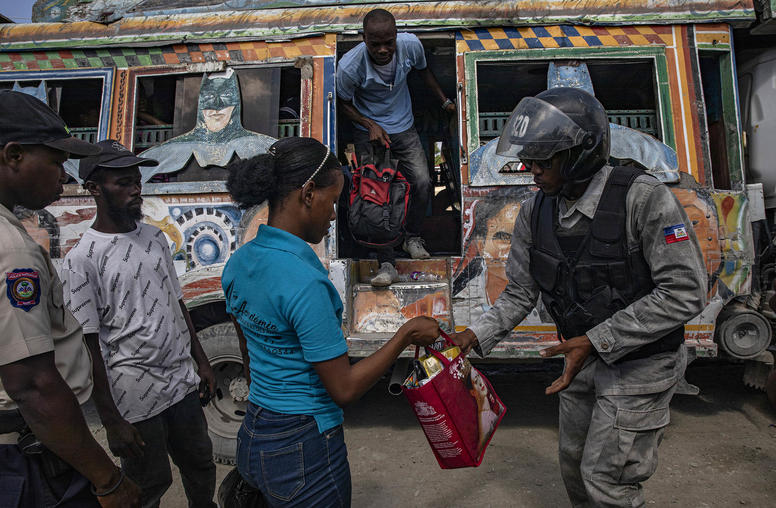
Haiti Needs a Political Dialogue Alongside the Multinational Security Mission
This week, the U.N. Security Council voted to send a multinational armed force to Haiti in the hopes of addressing the beleaguered Caribbean nation’s rampant gang violence and instability. While there is not yet an official timeline for its deployment, the Kenyan-led force will face a complex security environment — one that has been made all the more daunting by Haiti’s ongoing political turmoil. Whether the mission succeeds will hinge not only on the deployed force’s ability to quickly establish peace, but whether or not it can pave the way toward a meaningful and democratic government reset in the historically tumultuous country.

Active Neutrality: Malaysia in the Middle of U.S.-China Competition
From its experience of centuries-long colonization to dealing with decades-long Cold War politics, Malaysia is no stranger to navigating major power competition, which it sees as a recurring reality in international politics. Today’s U.S.-China rivalry is just the latest round — it is not the first and it will not be the last. Still, it is important to consider how U.S.-China competition impacts Malaysia and how it, like other small and secondary states in the region, seeks to exercise agency. Even as this major power rivalry intensifies and limits the country’s space for maneuvering, Malaysia insists on employing “equidistant diplomacy” to hedge against multiple risks and cultivate long-term options.